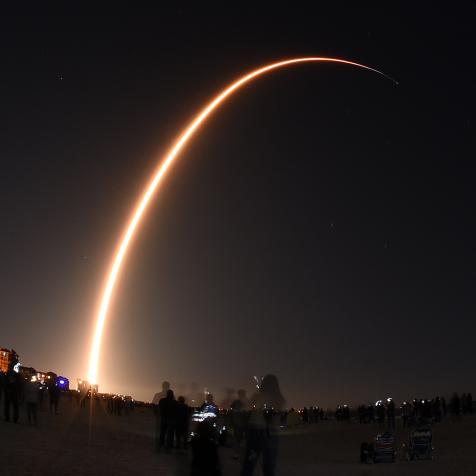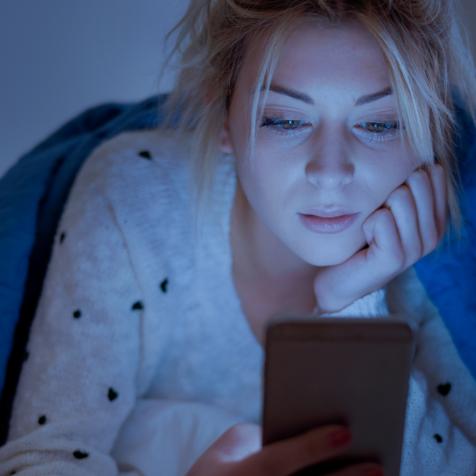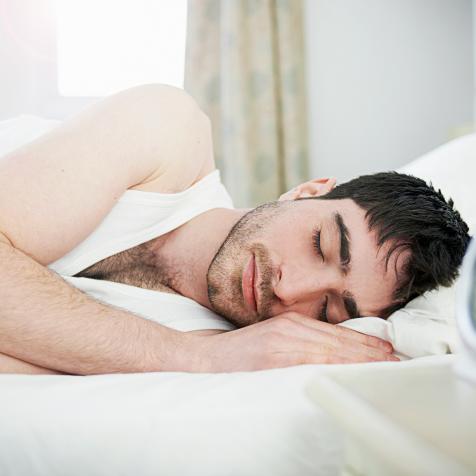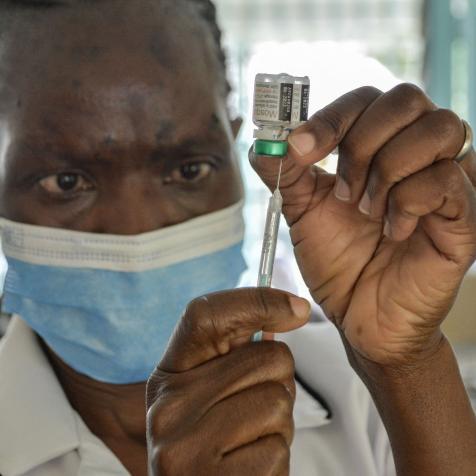
Shutterstock
Sleep vs. Exercise: Which Is More Important?
The best answer for you will depend on your lifestyle.
We've all been there: Your alarm wakes you with a jolt, reminding you that you planned to hit that 6 a.m. spin class. Except dinner with friends went a little late last night, and you are so. Incredibly. Tired. But if you skip your morning workout, you won't have any other time to do it. Which is worse? Skipping your workout, or losing that hour of sleep?
The Best Decision Is No Decision
Unsurprisingly, this is a question that many health experts flat-out refuse to give a straight answer to. "That's a terrible choice," Harvard Medical School's Dr. Charles Czeisler told the New York Times. "I couldn't choose between the two," Mayo Clinic's Dr. Edward Laskowski told Time. "Sleep and exercise are like food and water."
The best answer is to avoid making the decision at all. Go to sleep early enough to get your seven to nine hours of sleep a night, and schedule exercise at a time that won't be taken over by work or social obligations. But nobody's perfect. Sometimes you don't get enough sleep and you can't adjust your workout schedule. The answer then? It all depends on your situation.
Game out the possible benefits and drawbacks below.
If You Sleep In
- Pro: You'll have a better workout next time. A 2013 study found that people who slept longer each night ended up having longer, higher quality workouts. "Improving sleep may encourage exercise participation," the researchers concluded.
- Con: You'll miss out on some easy benefits. Another 2013 study found that just trading 30 minutes of sleep with 30 minutes of moderate or vigorous physical activity can lead to improvements in cardiovascular health. Can't you spare 30 minutes?
- Pro: You might give your body much-needed recovery time. Rest is when your muscles rebuild and get ready for the next bout of exercise, and they need it in order to get stronger. If you've been working out six to seven days a week, you could be overtraining. That can lead to everything from decreased athletic performance to an increased risk of illness.
- Con: You could do just as much damage as sleeping too little. Sleeping in here and there is one thing, but if you regularly clock more than eight hours a night, you should rethink your sleeping habits. A 2016 study found that between people who slept less than four hours a night and people who slept more than eight hours a night, the risk of dying from heart disease was identical.
If You Get Up
- Pro: You'll sleep better that night. Studies show that even a little bit of exercise can have a big impact on sleep quality. And if you suffer from sleep disorders like insomnia or sleep apnea, even better: Research suggests that exercise can be a big help for that, too.
- Con: You might be hungrier. When a 2011 study made half of the subjects sleep deprived, those people had higher levels of the hormone ghrelin, which makes you hungry, boosts fat retention, and reduces calorie burn. According to a 2016 study, lack of sleep can also increase peaks of a chemical that makes eating more pleasurable. That can make dieting very hard.
- Pro: You'll help your mental health. Over and over, exercise has been shown to reduce depression and anxiety and just boost your mood overall. What's more, sleep deprivation is actually a recognized treatment for clinical depression.
- Con: Your workout could suffer. It's not just your brain that has circadian rhythms — research from 2016 says that it's your muscles, too. Muscle cells work better during their biological daytime than their biological night, so if you wake up when your muscles think you should be sleeping, they won't serve you quite as well.
The Takeaway
The best thing to do depends on your history. If you tend to skip more workouts than shut-eye, forcing yourself to get up for a run before work might do you good. If you exercise regularly but don't get enough sleep, allow yourself to hit the snooze button — and maybe find another exercise time that works better for you. But after that, banish your smartphone from the bedroom, look into a more time-efficient workout, and do your best to get enough sleep and enough exercise.
This article first appeared on Curiosity.com.


















